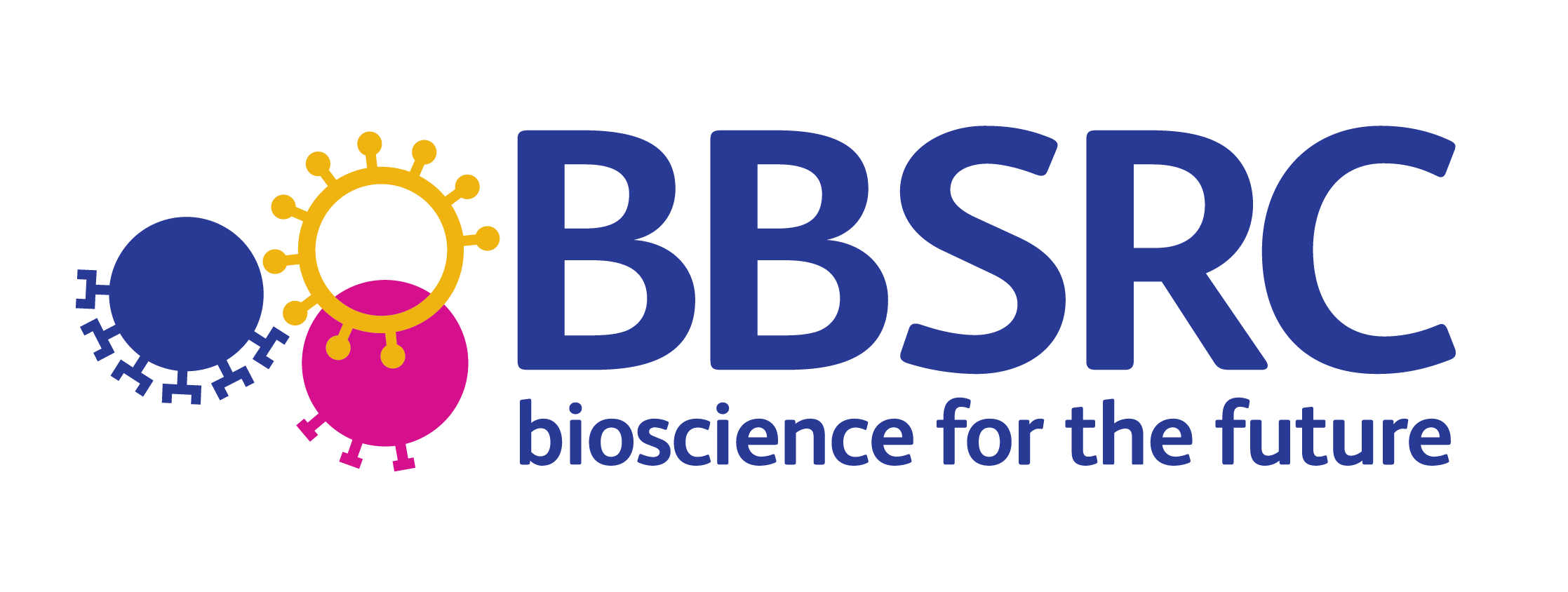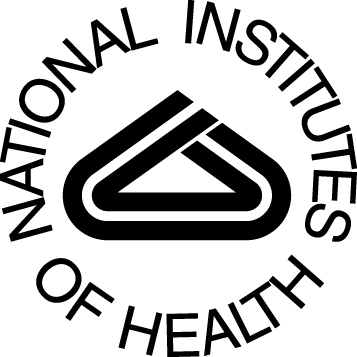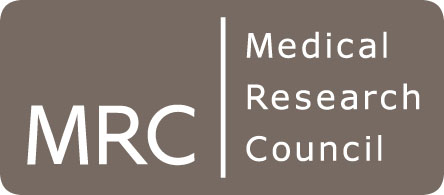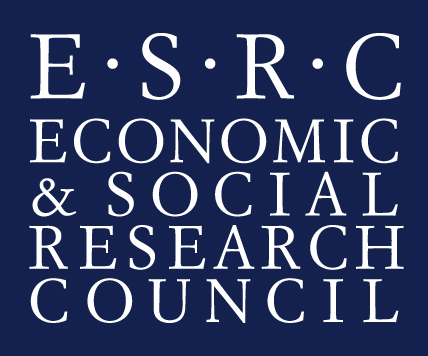Seminar — Prof. Maria Teresa Pazienza
| Speaker: | Prof. Maria Teresa Pazienza (University of Roma Tor Vergata) |
| Title: | Linguistic enrichment of Ontologies: a glance to the role of previously existing linguistic resources |
| Date: | 1pm, 23 March 2007 |
| Location: | MIB, LG.010 |
| Abstract: | The multilingual aspects which characterize the (Semantic) Web and the demand for more easy-to-share forms of knowledge representation, (equally accessible by humans and machines) depict a scenario where formal semantics must coexist side-by-side with natural language, both contributing to the sharing of the content they describe. The role of different cultures and languages is fundamental in a real World aWare Web and, though English is widely accepted as a “lingua franca” all over the world, much effort could be spent to preserve further idioms (they express different cultures). As a consequence, multilinguality is perceived as one of the most relevant challenges for the Semantic Web. These premises suggest that semantic web ontologies, delegated to express
machine-readable information on the Web, should be enriched to both
cover formally expressed conceptual knowledge and expose its content
in a linguistically motivated fashion. With such an objective we have defined OntoLing, a Protégé plug-in offering a modular and scalable framework for supporting manual annotation of ontological data with information from different, heterogeneous linguistic resources. An improved version of OntoLing prompts the user with automatic suggestions for enriching ontologies with linguistic content. It will be described how and why different kinds of linguistic enrichment processes could be performed; both algorithmic aspects and profiling of user interaction in the context of OntoLing framework will be analyzed. The expression “Linguistic Enrichment of Ontologies” has been introduced to identify a series of different processes sharing the common objective of improving the linguistic expressivity of an ontology, through the exploitation of existing Linguistic Resources (LRs, from now on). The nature of this “linguistic expressivity” strongly depends on the LRs used for linguistic enrichment and on the specific goals the enrichment process will achieve. A few different enrichment tasks, together with possible scenarios in which these tasks may be applied, will be described. |
Presentation [Powerpoint]
Featured News
- NaCTeM success at EMNLP 2025 - 7/7 papers accepted
- 1st Workshop on Misinformation Detection in the Era of LLMs - Presentation slides now available
- Prof. Ananiadou appointed Deputy Director of the Christabel Pankhurst Institute
- ELLIS Workshop on Misinformation Detection - Presentation slides now available
- Prof. Sophia Ananiadou accepted as an ELLIS fellow
- BioNLP 2025 and Shared Tasks accepted for co-location at ACL 2025
- Prof. Junichi Tsujii honoured as Person of Cultural Merit in Japan
Other News & Events
- AI for Research: How Can AI Disrupt the Research Process?
- CL4Health @ NAACL 2025 - Extended submission deadline - 04/02/2025
- Invited talk at the 15th Marbach Castle Drug-Drug Interaction Workshop
- Participation in panel at Cyber Greece 2024 Conference, Athens
- Shared Task on Financial Misinformation Detection at FinNLP-FNP-LLMFinLegal








